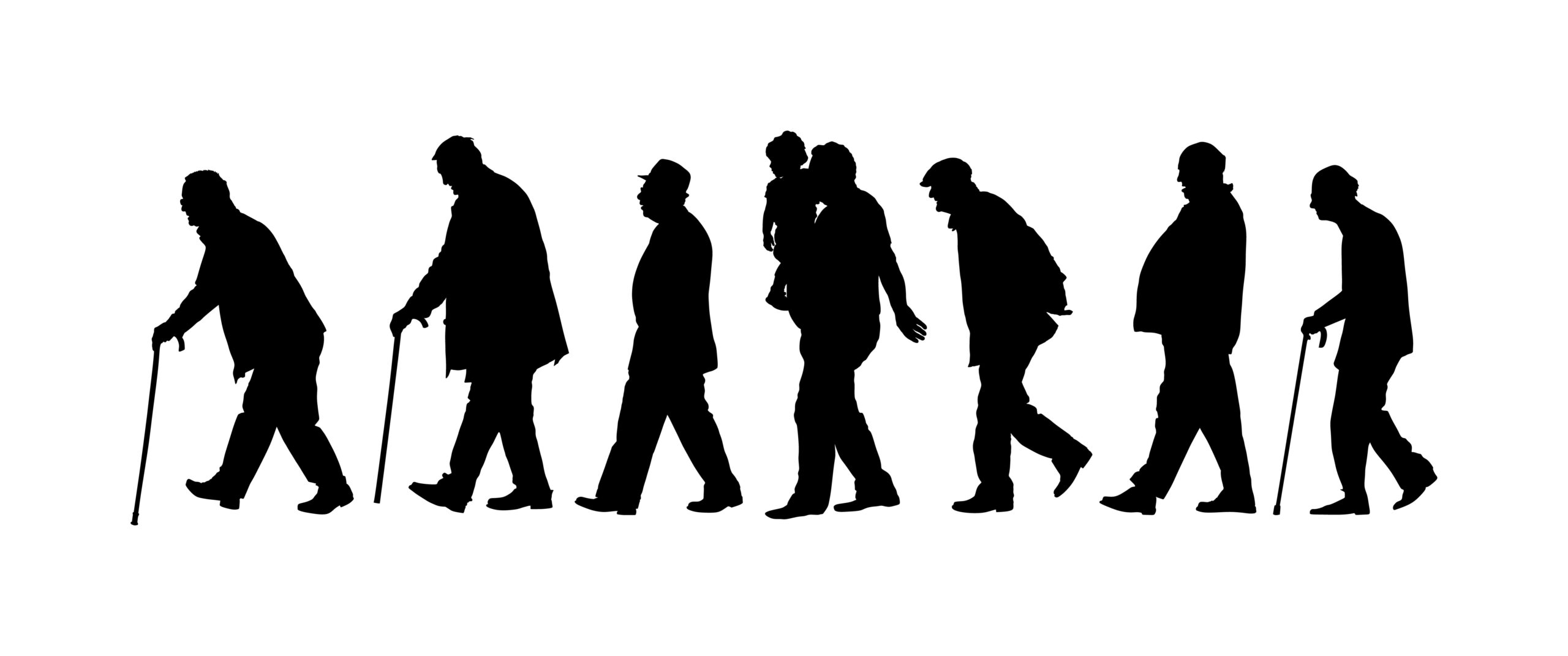Caregiver burnout prevention techniques for long-term dementia care
Caring for someone with dementia over the long term is a deeply compassionate act, but it can also be incredibly demanding. The constant attention, emotional strain, and physical effort often lead caregivers to experience burnout—a state of exhaustion that affects body, mind, and spirit. Preventing this burnout is essential not only for the caregiver’s health but also to provide the best care possible.
One of the most important ways to avoid burnout is **setting healthy boundaries**. It’s okay to say no sometimes or ask others for help. Caregiving doesn’t mean you have to do everything alone or sacrifice your own well-being completely.
Taking care of yourself doesn’t have to be complicated or time-consuming. Even small moments of self-kindness can make a big difference during stressful days. Simple actions like stepping outside for fresh air, enjoying a quiet cup of tea without distractions, stretching gently, or taking deep breaths before moving on to the next task can create much-needed mental space and calm.
Staying connected with friends, family members, or support groups helps prevent feelings of isolation that often come with caregiving duties. Sharing your feelings and asking for assistance when needed lightens emotional burdens and reminds you that you’re not alone in this journey.
Mindfulness practices are another helpful tool in managing stress related to dementia care. Mindfulness means paying gentle attention to what’s happening right now without judgment—whether it’s noticing your breath or simply observing your surroundings quietly for a few minutes each day. These moments improve emotional balance and reduce anxiety.
Recognizing early signs of burnout is crucial so you can take action before exhaustion becomes overwhelming. Watch out for persistent tiredness even after rest; increased irritability; loss of interest in activities once enjoyed; headaches or muscle tension; trouble sleeping; and feelings of loneliness despite being around others.
Remember that caregiver burnout isn’t about weakness—it’s your body signaling that it needs more support and care too. By prioritizing small acts of self-care regularly, setting limits on what you take on alone, reaching out socially when things feel heavy, practicing mindfulness techniques daily if possible—and being alert to warning signs—you build resilience against burnout while continuing your vital role as a caregiver with compassion and strength.





